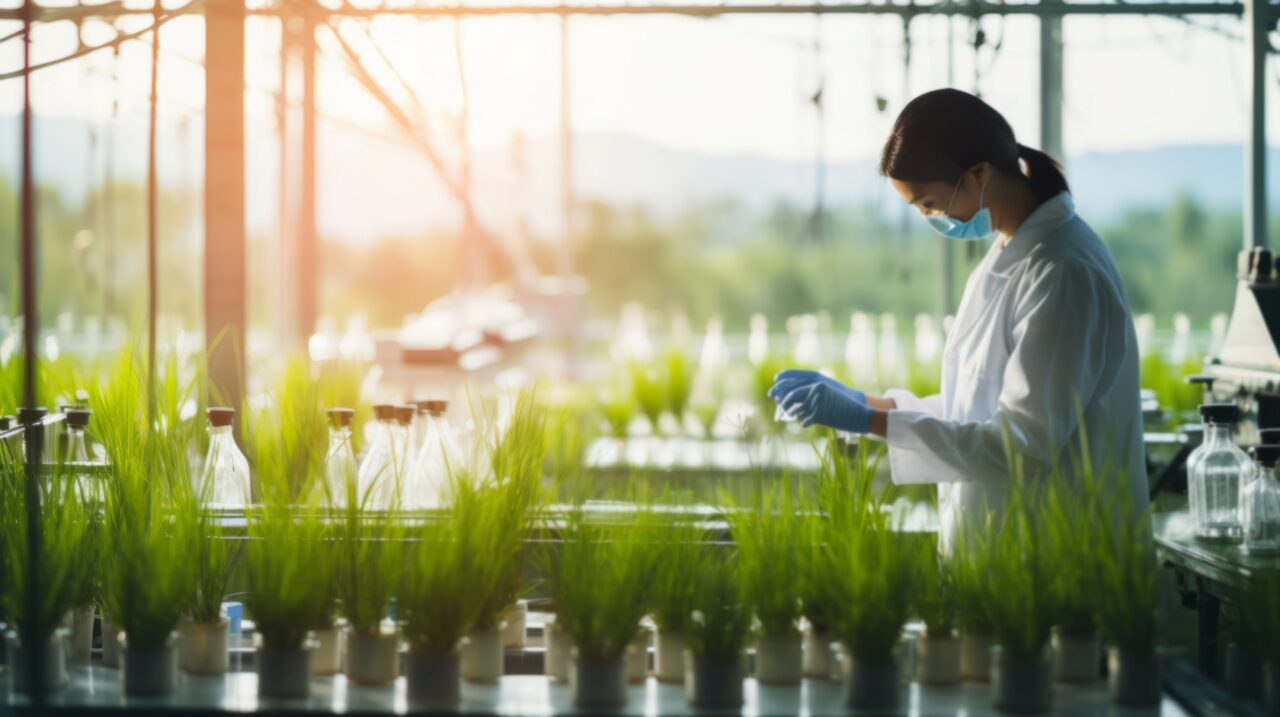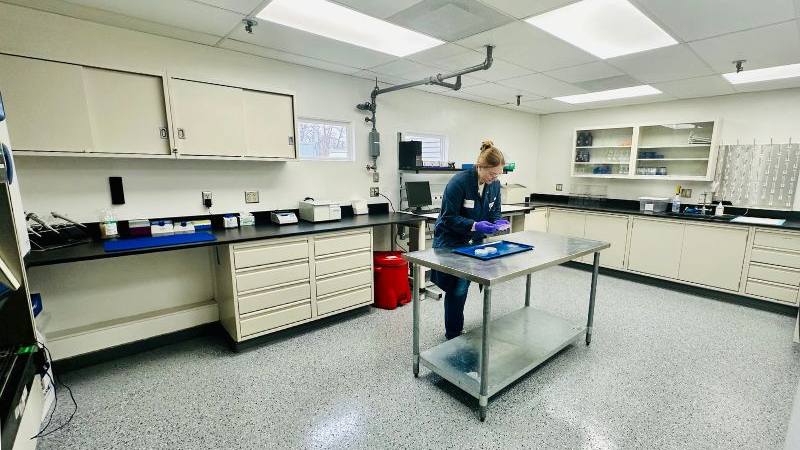Ag Tech Talk Podcast: How AI and Geospatial Tech Are Transforming Carbon Measurement and Supply Chains
In a rapidly evolving agricultural landscape, technology is driving efficiency and sustainability. AgTech Talk by AgriBusiness Global sat down with Ofer Judovits, Co-founder and CEO of Marvin, to discuss how geospatial and satellite data with artificial intelligence (AI) is revolutionizing the ag industry.
* This is an edited and partial transcript of this podcast.
ABG: Could you elaborate on how geospatial and satellite data with AI is transforming carbon measurement, crop inputs, and supply chain optimization?
Ofer Judovitz: Two major technological revolutions are unfolding in parallel. The first is the rapid evolution of space technology, fueled by advancements in sensor miniaturization and deployment. SpaceX’s high-frequency rocket launches have drastically lowered the cost of launching microwave-sized sensors, making high-resolution, real-time Earth observation data more accessible than ever. This shift is democratizing spaceborne analytics, unlocking new applications across climate monitoring, precision agriculture, supply chain intelligence, and risk assessment — industries previously constrained by cost and data scarcity.
Satellite technology has evolved beyond traditional imagery. High-resolution thermal sensors now enable precise measurement of land surface temperatures, providing critical insights for agriculture, forestry, and climate monitoring. LiDAR technology is particularly valuable in cloud-heavy regions like Latin America, as it penetrates cloud cover to generate highly accurate, time-series elevation and biomass data, essential for deforestation tracking and land-use planning. Additionally, ground-penetrating radar (GPR) enhances our ability to analyze subsurface soil characteristics, offering key data for carbon sequestration, irrigation management, and infrastructure resilience. These advancements significantly enhance geospatial intelligence and decision-making across industries.
AI adoption is accelerating, with computer vision and deep learning becoming mainstream. When combined with advanced sensors and diverse data sources, AI can unlock powerful insights — but raw data alone has limited value. Business logic and contextual intelligence are essential to translate data into actionable strategies.
This is where platforms play a critical role. They transform raw data into real-world solutions, enabling everything from yield forecasting and risk assessment to vendor screening and compliance monitoring. By integrating AI-driven analytics with supply chain dynamics, these platforms can predict market fluctuations, optimize resource allocation, and enhance regulatory adherence. For large enterprises, this means proactive, data-driven decision-making at scale, turning AI into a true competitive advantage.






